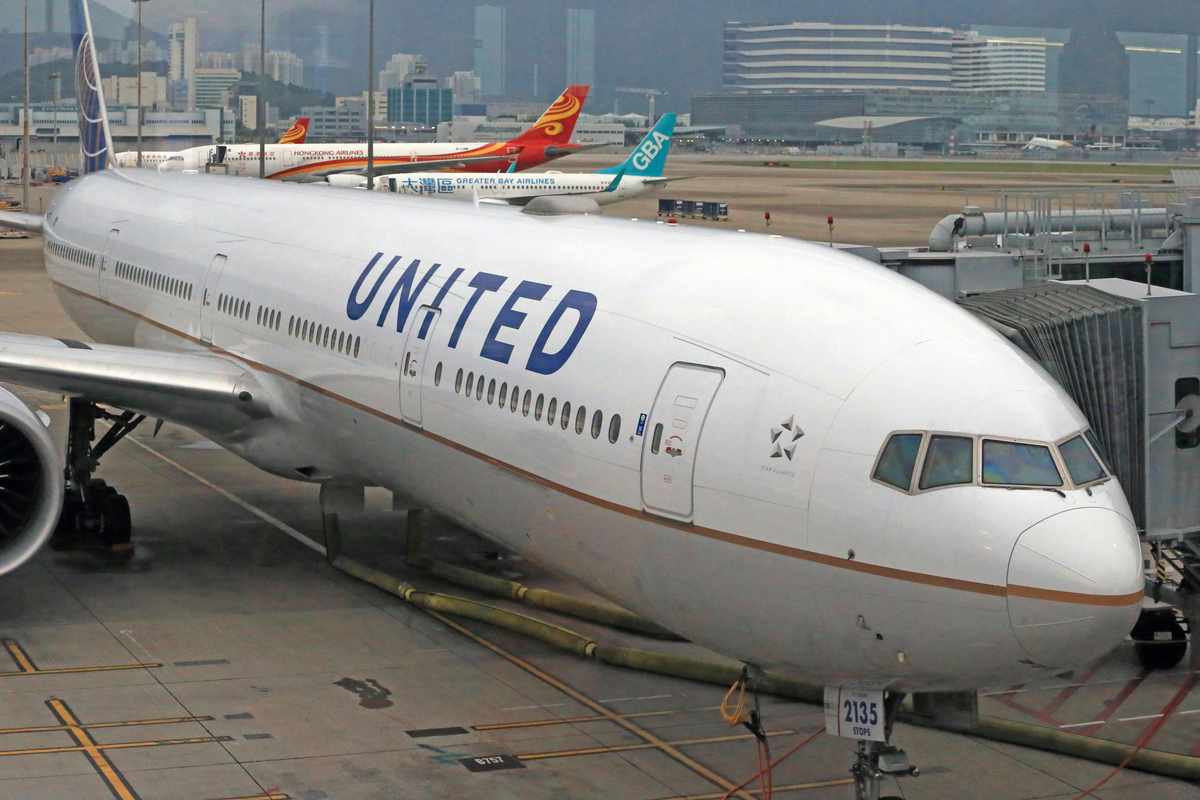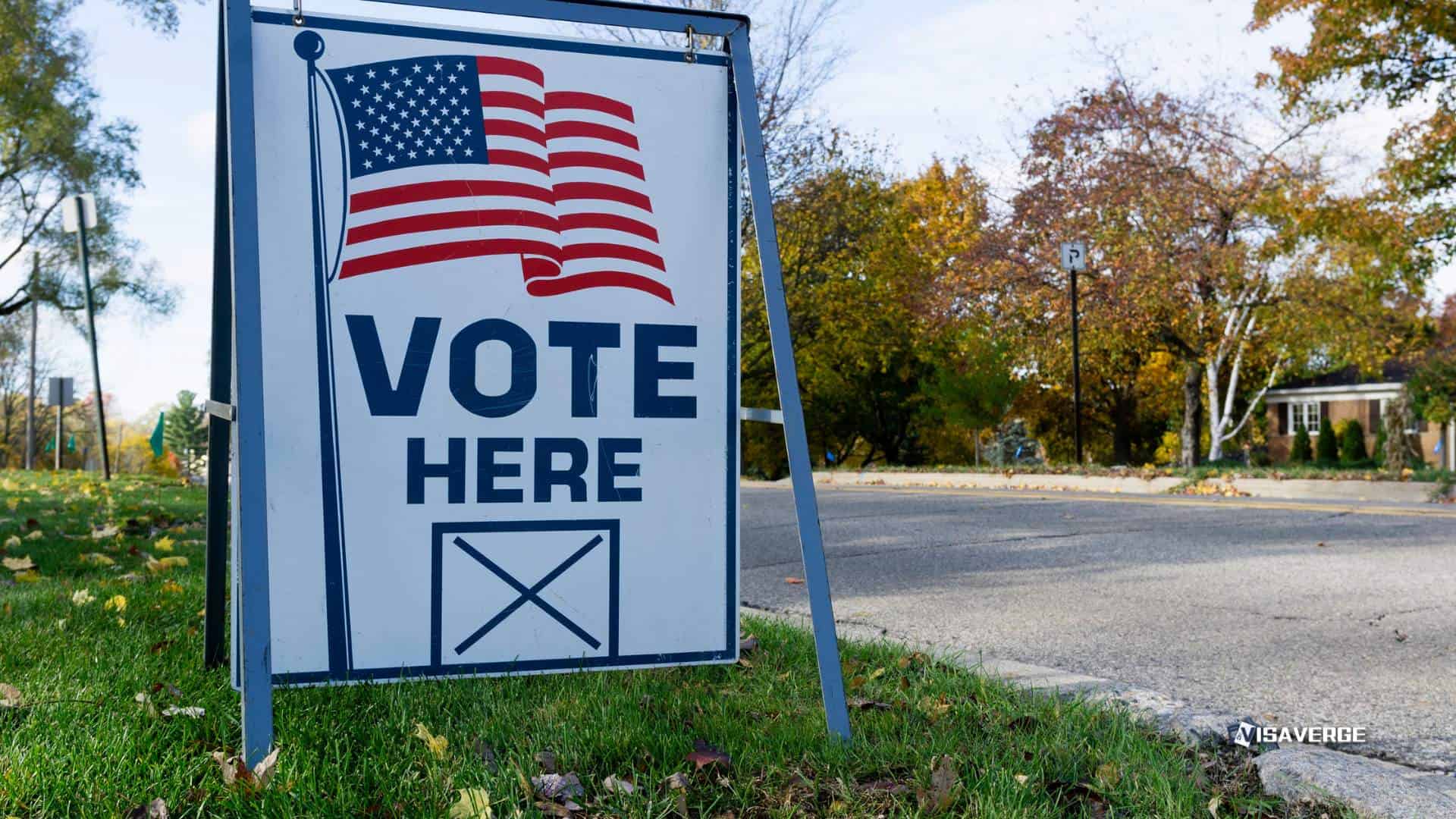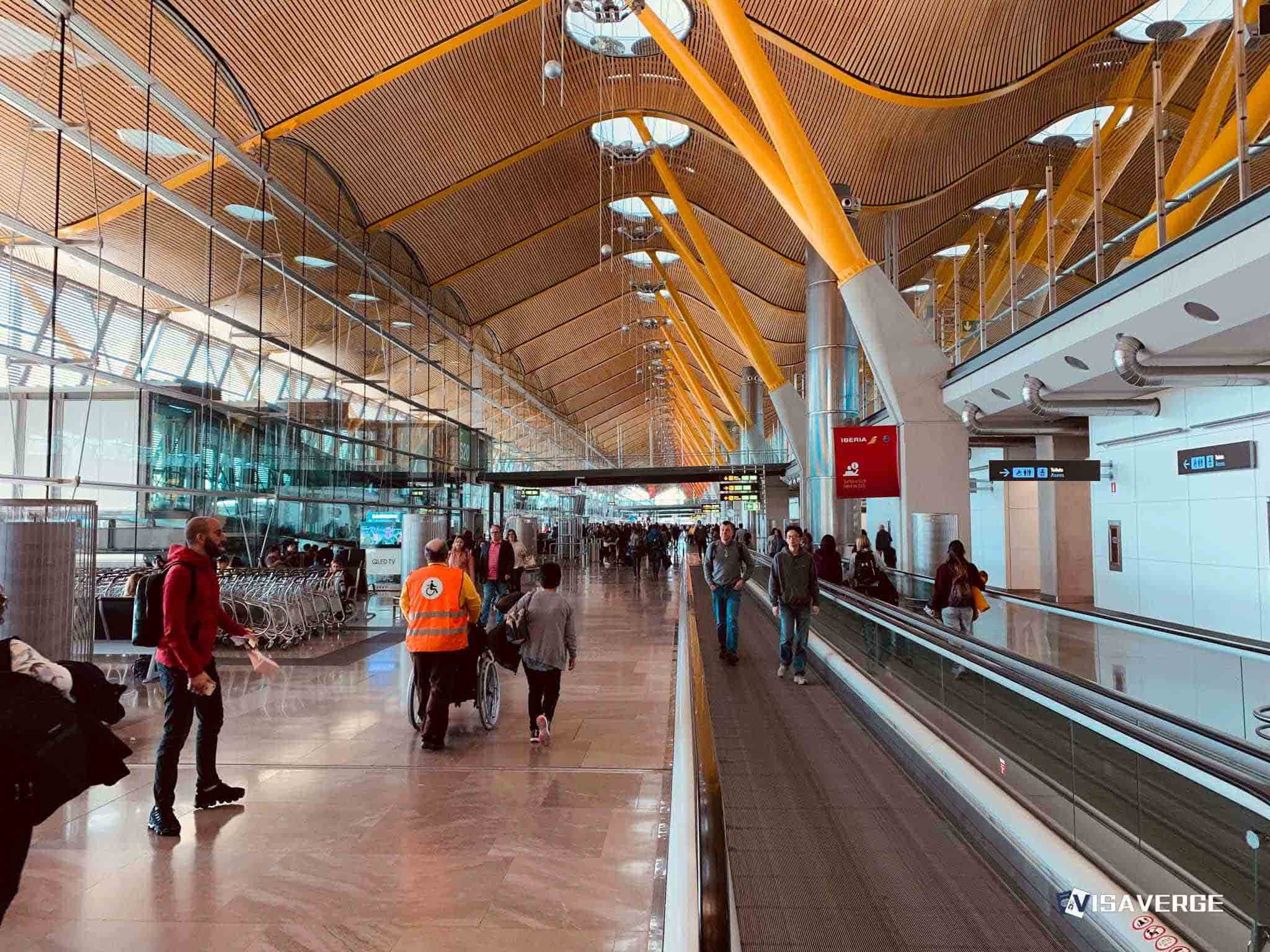(PORTLAND, MAINE) Portland’s City Council has accepted a $21 million federal transportation grant for the Portland International Jetport, agreeing to move forward even after the U.S. Department of Transportation added a new condition that requires cooperation with ICE. The change, ordered earlier this year by U.S. Secretary of Transportation Sean Duffy, turned a routine airport funding award into a high-stakes fight over local policy, federal power, and trust within immigrant communities.
After an emergency meeting on August 20, 2025, councilors voted to keep the grant; the agreement became official on August 21, 2025, with a special council session set for August 25, 2025 to discuss details.

What the grant funds and its purpose
The grant supports gate upgrades and new passenger boarding bridges at the Portland International Jetport — projects city officials call essential for safety and growth. Those improvements are expected to:
- Reduce delays by providing more reliable boarding bridges.
- Cut bottlenecks at peak travel times.
- Improve airline schedules, ground operations, and local jobs once projects start.
The city first accepted the grant in January 2025, before the federal government added the immigration condition. Under the updated terms, Portland must certify it will cooperate with ICE to receive and keep the funds.
Legal and policy questions the city faces
City attorneys are assessing how to meet federal reporting rules while staying within local ordinances that limit when staff can ask about immigration status. Key points from officials and legal observers:
- City leaders say they will not enter the 287(g) program, which deputizes local officers to enforce federal immigration law. (For official background on 287(g), see the U.S. Immigration and Customs Enforcement page: https://www.ice.gov/287g.)
- Local policy bars city police from acting as ICE agents, though the city has acknowledged it must follow lawful federal actions, warrants, and court orders.
- Officials are exploring procedures for what information may be shared, what federal officers’ access looks like, and how to handle requests involving protected data.
The city’s legal team aims to comply with federal conditions where required, while seeking ways to avoid conflicts with state law and local policy.
New condition ties airport funds to ICE
The ICE cooperation clause is part of a broader federal effort under President Trump to pressure jurisdictions that restrict local involvement in immigration enforcement. Important context:
- Portland is not an official “sanctuary city,” but city code limits questions about immigration status except when required by law.
- Maine joined a multi-state lawsuit in May seeking to block the Department of Transportation’s new rule; a federal appeals court allowed the rule to take effect in July.
- That ruling placed hundreds of airport and transit awards under the same condition. VisaVerge.com reports many jurisdictions now face the same choice: accept funding with the condition or decline major federal grants.
Typical operational steps required under such conditions usually include:
- Sharing certain information with ICE when requested.
- Avoiding policies that block federal access.
- Confirming the jurisdiction will not impede federal officers carrying out their work.
Community response and concerns
Protests erupted at City Hall as the vote approached. Signs and chants urged councilors to reject any agreement that ties airport funds to immigration enforcement.
Councilor Kate Sykes, a leading critic, said:
“I don’t think that we should be complicit in this behavior, this really reprehensible behavior on the part of the federal government to strong arm cities into, you know, conscript us into their federal agenda.”
Mayor Mark Dion scheduled a press conference for August 21, 2025, and said the city would seek legal and procedural guidance. He emphasized that the city will follow the law while protecting local priorities and will not “perform ICE’s work.”
Advocates warn the condition will have real effects even if local enforcement limits remain:
- Families may avoid city buildings, school events, or the airport if they fear immigration checks nearby.
- People might stop reporting crimes or skip medical appointments out of fear.
- Activist groups have expanded hotlines and connected residents with lawyers in case of detentions — steps similar to those taken in other U.S. communities when local agencies increase cooperation with ICE.
What changes on the ground (short-term outlook)
For now, daily life at the Portland International Jetport is not expected to change overnight. Practical details:
- The $21 million will be released in stages; disbursements depend on the city’s ongoing certification that it meets the ICE clause.
- Procedures for airport staff and local police are being defined and will likely be discussed at the August 25, 2025 council meeting.
- Officials are working to clarify:
- What specific information may be shared with federal authorities.
- What access federal officers can request at airport facilities.
- How to handle requests that involve protected personal data.
Residents and officials have already made clear positions and reassurances:
- Local police are not being deputized as immigration agents.
- The city will follow court orders and lawful warrants and says it will not adopt policies that block federal officers from doing their jobs.
- The city will try to keep services open and safe for all residents, regardless of status.
Practical advice for concerned residents
Community groups encourage practical steps if you worry about immigration enforcement near public spaces or the airport:
- Carry any valid ID you have, and keep important personal records in a safe place at home.
- If approached by an officer, ask for their name and agency, and remain calm.
- You have the right to speak to a lawyer. Do not sign documents you do not understand.
- If you have a pending court date, do not miss it; missing a hearing can worsen legal outcomes.
Political stakes and next steps
City Hall remains divided on whether accepting the grant was the right move:
- Supporters argued that rejecting the grant would harm workers and travelers without changing federal policy.
- Opponents said the city should set a firm line against new immigration conditions tied to transportation funds.
Legal experts note there is no single legal definition of “sanctuary,” which creates uneven compliance and enforcement across jurisdictions. Further court rulings could change how the Department of Transportation applies the rule or limit what cities must do.
Upcoming public actions and decisions:
- Mayor Dion’s August 21, 2025 press conference is meant to answer immediate questions about the grant and the ICE clause.
- The August 25, 2025 special council meeting will likely address guardrails, reporting rules, and staff training.
- If the city cannot reconcile federal demands with local law, it may face hard choices about the pace of airport projects or the risk of future clawbacks.
For now, Portland retains the $21 million federal transportation grant and the planned airport work, while navigating a legal and political dispute that extends beyond aviation. The balance between infrastructure needs and community trust will shape how this policy plays out across gates, terminals, and neighborhoods in the city.
This Article in a Nutshell
Portland kept a $21 million DOT grant despite a new ICE-cooperation condition, sparking protests and legal review. Officials pledge compliance with lawful federal orders while protecting local policies. City attorneys will define data-sharing limits and operational access ahead of an August 25, 2025 council session to safeguard services and trust.








